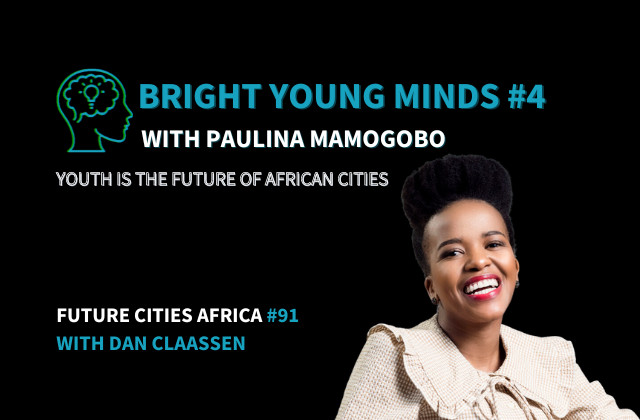Listen to Audio
Weapons of the Strong: Elite Resistance and the Neo-Apartheid City
Ben Bradlow is a Postdoctoral Fellow at the Weatherhead Center for International Affairs at Harvard University. We dive deep into an article from his dissertation project called: Weapons of the Strong: Elite Resistance and the Neo-Apartheid City.
Stay Connected
This episode dives into:
- His larger book project that compares Johannesburg and São Paulo.
- Summary and key takeaways from the article and his dissertation project.
- What is meant by “Weapons of the Strong”.
- Why Johannesburg was chosen for this enquiry.
- How private property developers and neighborhood associations demonstrate tactics of elite resistance.
- Strategies used by “The Strong” to undermine the transformative capacities of the local state: “ring-fencing” and “venue-shopping.”
- Potential solutions
About Ben Bradlow
“I am a Post-Doctoral Fellow at Harvard University, with over a decade of experience in conceptualizing, researching, and negotiating policy for housing, intergovernmental affairs, urban economic development, and climate change. I am currently based at Harvard’s Weatherhead Center for International Affairs, where I am affiliated to the Research Cluster on Comparative Inequality and Inclusion. In 2019-2020, I was a Visiting Democracy Fellow at the Harvard Kennedy School of Government. In the past three years, I have played leading roles in both community and local government-led initiatives in Somerville and Arlington, Massachusetts, to negotiate new funding streams and institutional support for affordable housing. I have published extensively in both academic and public-facing outlets. This has led to a number of interviews in domestic and international media. I am currently revising a book manuscript, entitled "Urban Power," which explains why some cities are more effective than others in reducing inequalities in access to public goods, using case studies of policy reform for housing, transportation, and sanitation in São Paulo and Johannesburg. This work draws on original interviews with over 240 leaders in government, the private sector and social movements, along with archival research. I hold a PhD in Sociology from Brown University, a Masters in City Planning from MIT, and a BA in history (with high honors) from Swarthmore College.”
Source LinkedIn
About Weatherhead Center for International Affairs at Harvard University
The mission of the Weatherhead Center for International Affairs is to facilitate the production of pathbreaking social science research on international, comparative, transnational, and global issues by faculty and students at Harvard.
Our goals are to advance scholarly knowledge; address important international issues, as well as domestic social, economic, and political problems in comparative perspective; foster interdisciplinary dialogues; and disseminate knowledge in academia and beyond. This is accomplished through research programs, initiatives, and clusters; through conferences, seminars, and workshops; and by providing competitive fellowships to global scholars and research funding to Harvard faculty and students.
We support a diverse and rich community of scholars whose research is grounded in a variety of methods and approaches and whose work spans the globe. The Center is rooted in the Faculty of Arts and Sciences but incorporates colleagues from across the Schools of Harvard University. We also host visiting scholars, postdoctoral fellows, and practitioners who bring the world to Harvard and benefit from interacting with our faculty and student associates.







